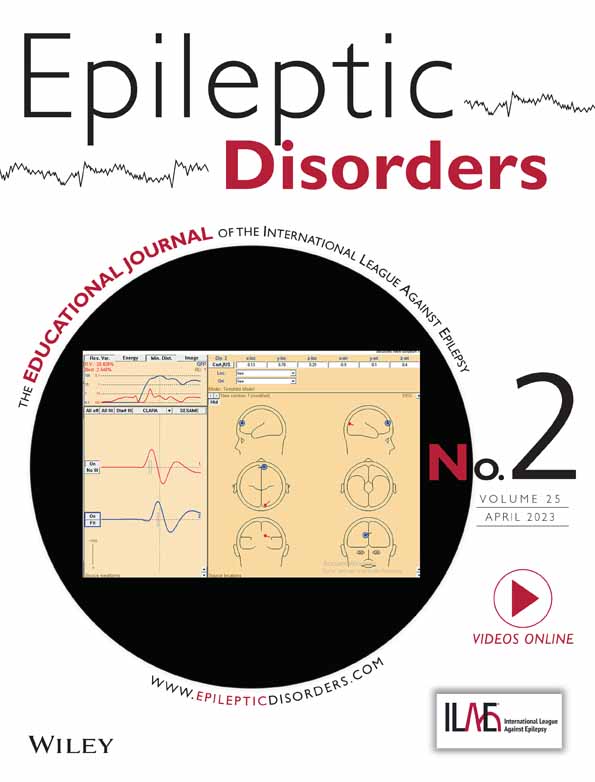Factors associated with preoperative and early and late postoperative seizures in patients with supratentorial meningiomas
Abstract
Objective
Risk factors for epilepsy in meningioma patients are not yet clearly defined, however, seizure freedom is a significant factor for quality of life after surgery.
Methods
We performed a retrospective study of the 333 adult patients who received surgery for supratentorial meningioma at our center. Various clinical, radiological, and surgical variables were included in the multivariate regression, and the outcomes measured were the occurrence of seizure(s) preoperatively, during the hospitalization, and during the follow-up period.
Results
A total of 89 (26.7%) patients experienced preoperative seizures, of whom 62.9% were seizure free after the surgery. Of 244 patients without epilepsy before surgery, 11.9% had at least one seizure postoperatively. In total, 63 of our patients (18.9%) experienced seizures after the surgery, of whom 20 had refractory epilepsy. Multivariate analysis identified the following predictors of preoperative seizures: the absence of headache (OR: 0.23, CI: 2.55–8.50), the presence of significant peritumoral edema (OR: 4.35, CI: 2.57–7.35), and younger age (OR: 0.97 per year increase, CI: 0.95–0.99). Factors associated with early postoperative seizures were: younger age (OR: 0.96 per year increase, CI: 0.93–0.99) and the presence of preoperative seizures (OR: 2.73, CI: 1.13–6.57), while the presence of preoperative seizures (OR: 4.73, CI: 2.05–10.92), tumor progression (OR: 5.38, CI: 2.25–12.89), and neurological worsening (OR: 5.21 CI: 1.72–15.81) were significant for late postoperative seizures.
Significance
Our results from a single-center meningioma cohort confirm, in general, data from some previous studies regarding patients' characteristics for both preoperative and overall postoperative epilepsy. Besides previously described risk factors, younger age was important for preoperative and early postoperative seizures. Epilepsy is common in patients with recurrence of meningioma, but the variables of significance for refractory seizures in these patients require further examination.




